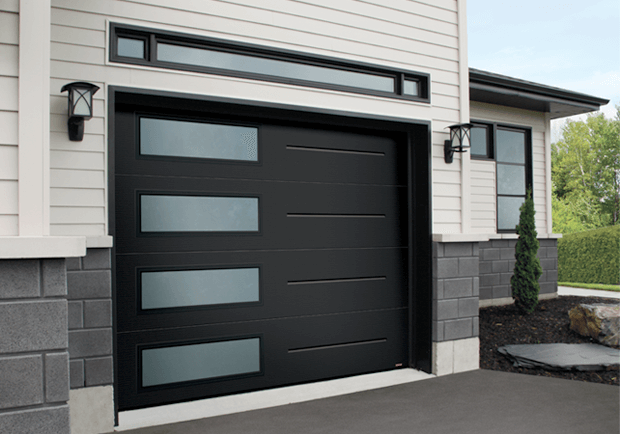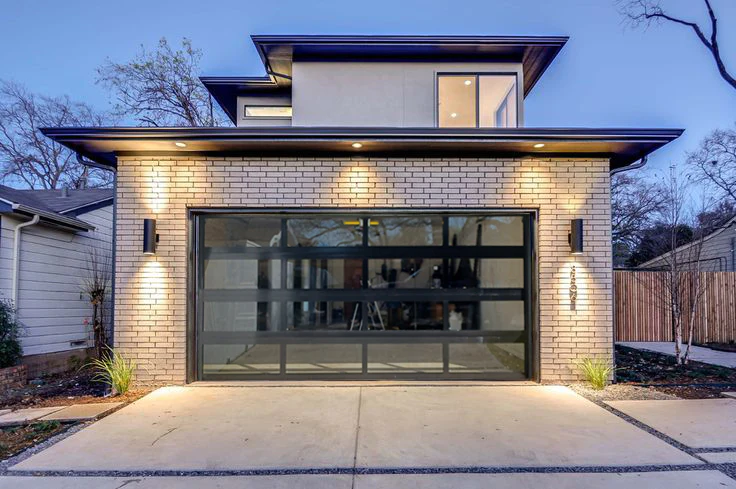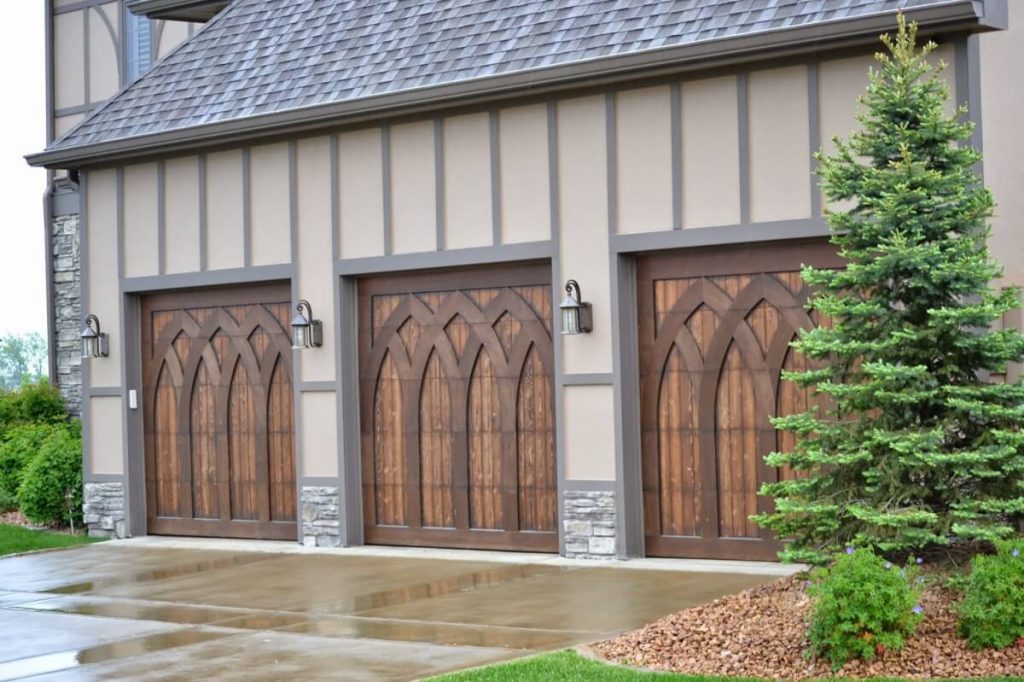The Real Difference Between Insulation and Non-Insulated Garage Doors
If you’re considering garage installation in Las Vegas in the near future, then you may also want to mull over some insulation options. Insulated garage doors have at least two layers and have insulation within the space created. Non-insulated doors can have multiple layers but are often one layer thick and don’t have that insulation inside.
Heating and Cooling
The most obvious advantage of insulated garage doors is energy efficiency. With insulation, the space inside the garage will stay warmer during colder periods and cooler during hotter periods. This works whether or not the space is heated or cooled directly. Nevertheless, it’s particularly important when it comes to direct temperature control even if that control amounts to just a space heater.
A Sound Barrier Too
Another advantage of insulation is the sound barrier that it provides. Noise dampening may not be the reason why most people buy insulated doors, but it can make a very real difference. Typical single-layer metal doors tend to vibrate, and even something as simple as a passing car or noisy kids can be amplified and delivered to the home in an unpleasant manner.
Attached vs. Detached Garages
Be mindful that the benefits described above are magnified with an attached garage because it’s connected to the home. Insulated garage doors can have a real effect on the cost to heat or cool or home. Detached garages, on the other hand, tend to reduce the importance unless you use the area as a workspace.
Multiple Layers and Durability
Garage doors with multiple layers tend to be more durable as well. They won’t dent as easily, and the total cost of ownership can be lower even though the upfront costs may be higher. Most doors use solid-core insulation, which provides the doors with substantial density that makes them hold up better to the kinds of dings and dents that are common for these surfaces.






